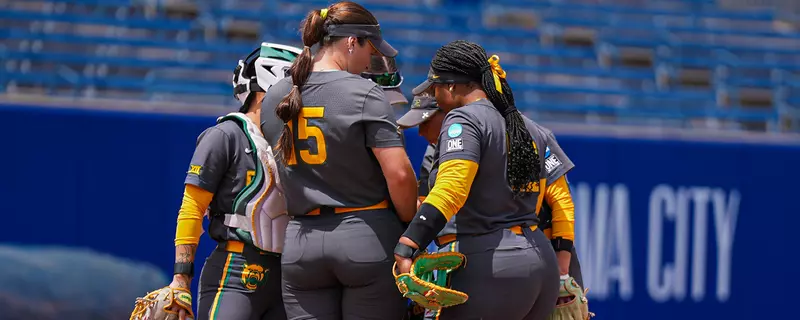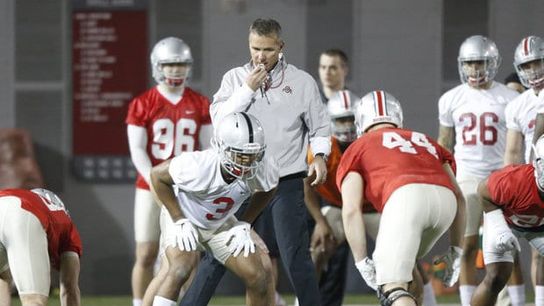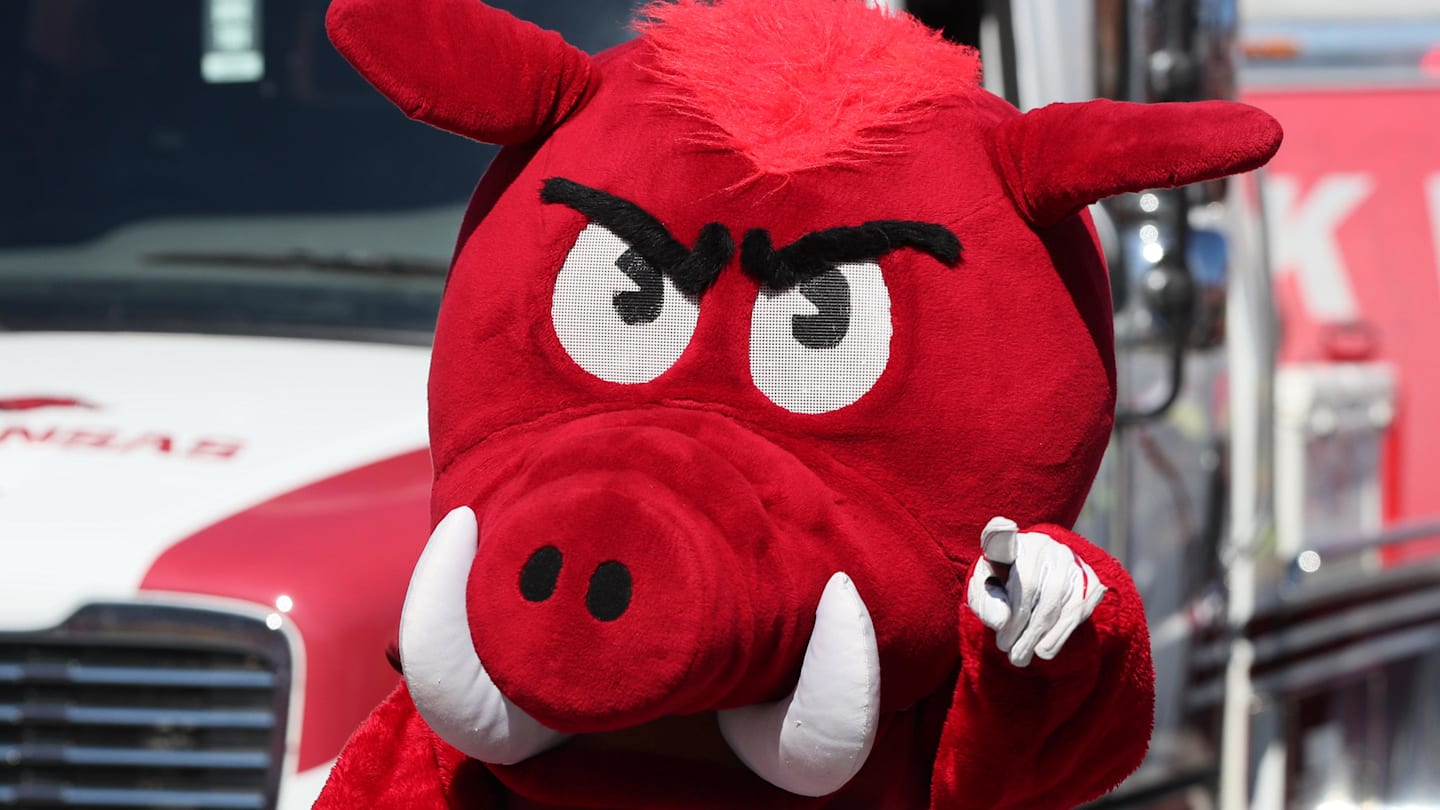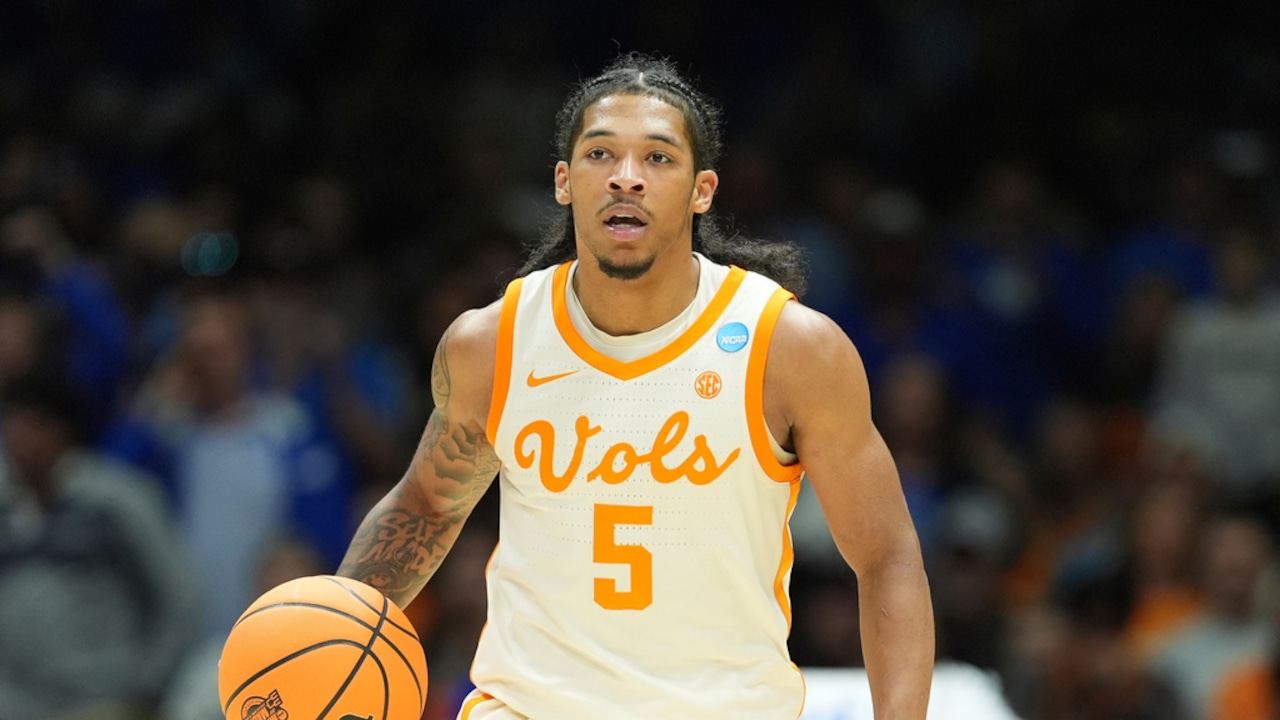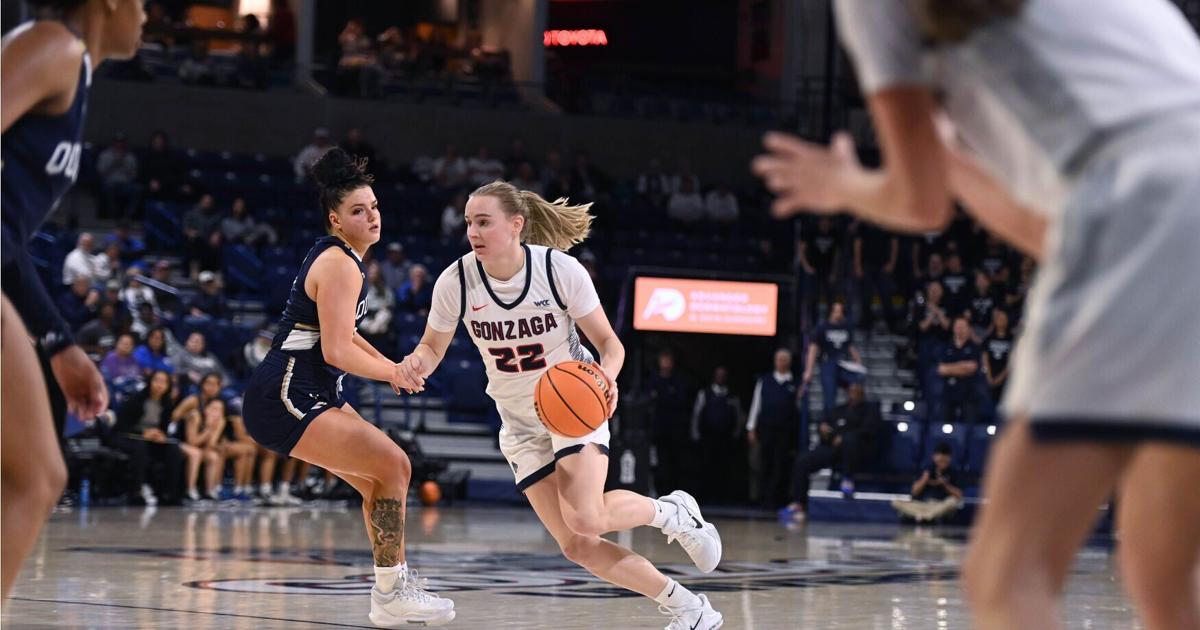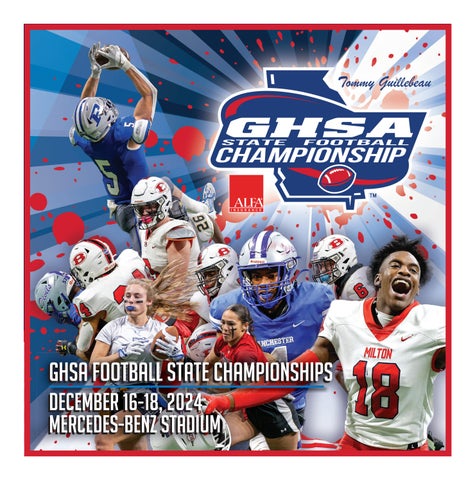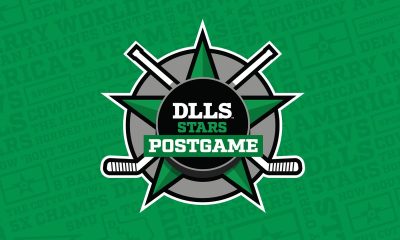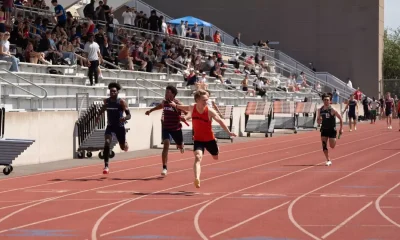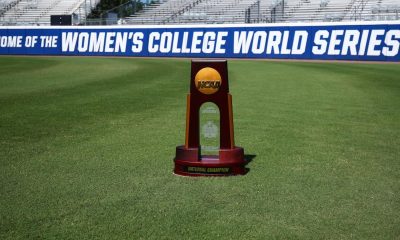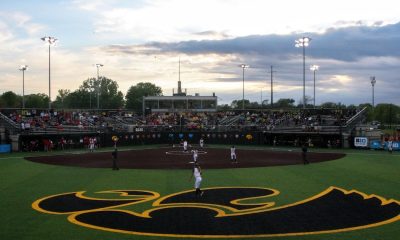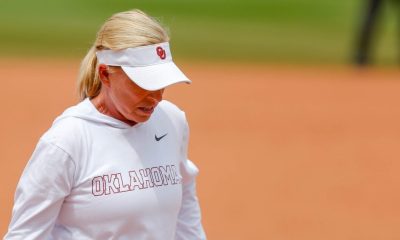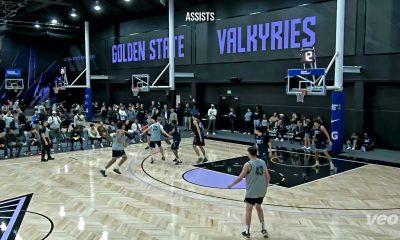CHENEY, Wash. — Former Gonzaga women’s basketball standout and WNBA draftee Brynna Maxwell is joining the Eastern Washington women’s basketball staff as an assistant coach.
“We are excited to have Brynna Maxwell join our crew,” EWU head coach Joddie Gleason said on X. “Thrilled to have her start her coaching journey with the Eags.”
Welcome to Brynna Maxwell as she joins the Eagle staff!#GoEags #FEO pic.twitter.com/1cCbxFQ1Dh
— EWU Women’s Basketball
(@EWUWBB) May 20, 2025
Maxwell spent two seasons with the Zags after transferring from Utah ahead of the 2022-23 season. In her final year at Gonzaga, the Gig Harbor, Washington, native started all 36 games and helped guide GU to a historic 16-0 mark in West Coast Conference play, a 32-4 overall record and a berth to the Sweet 16 of the 2023-24 NCAA Tournament.
The 6-foot guard appeared in 69 games, starting 65, and totaled 955 career points, 72 steals, 64 assists and 228 rebounds. Her performance earned back-to-back All-WCC First Team honors.
Maxwell was selected with the first pick in the second round of the 2024 WNBA Draft by the Chicago Sky but did not make the final 12-player roster.
With her playing days now over, Maxwell embarks on her coaching career close to home. She joins a staff that includes head coach Joddie Gleason, associate head coach Skip Gleason and second-year assistant coach Jamie Loera, who had a record-breaking playing career with the Eagles from 2022-24.
Last season, with a roster full of new faces, Eastern Washington finished eighth in the Big Sky Conference standings with an 11-20 overall record and a 7-11 mark in conference play. The Eags lost to Sacramento State in the first round of the Big Sky Tournament and will look to keep improving in 2025-26 with a young but talented team.

